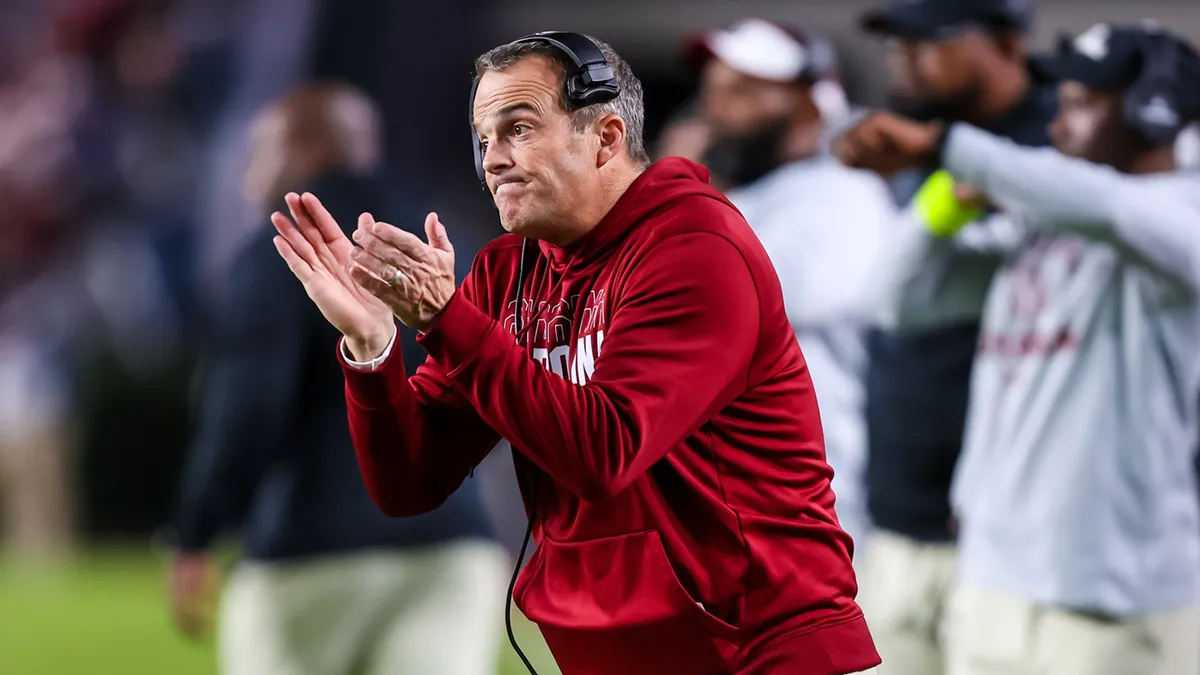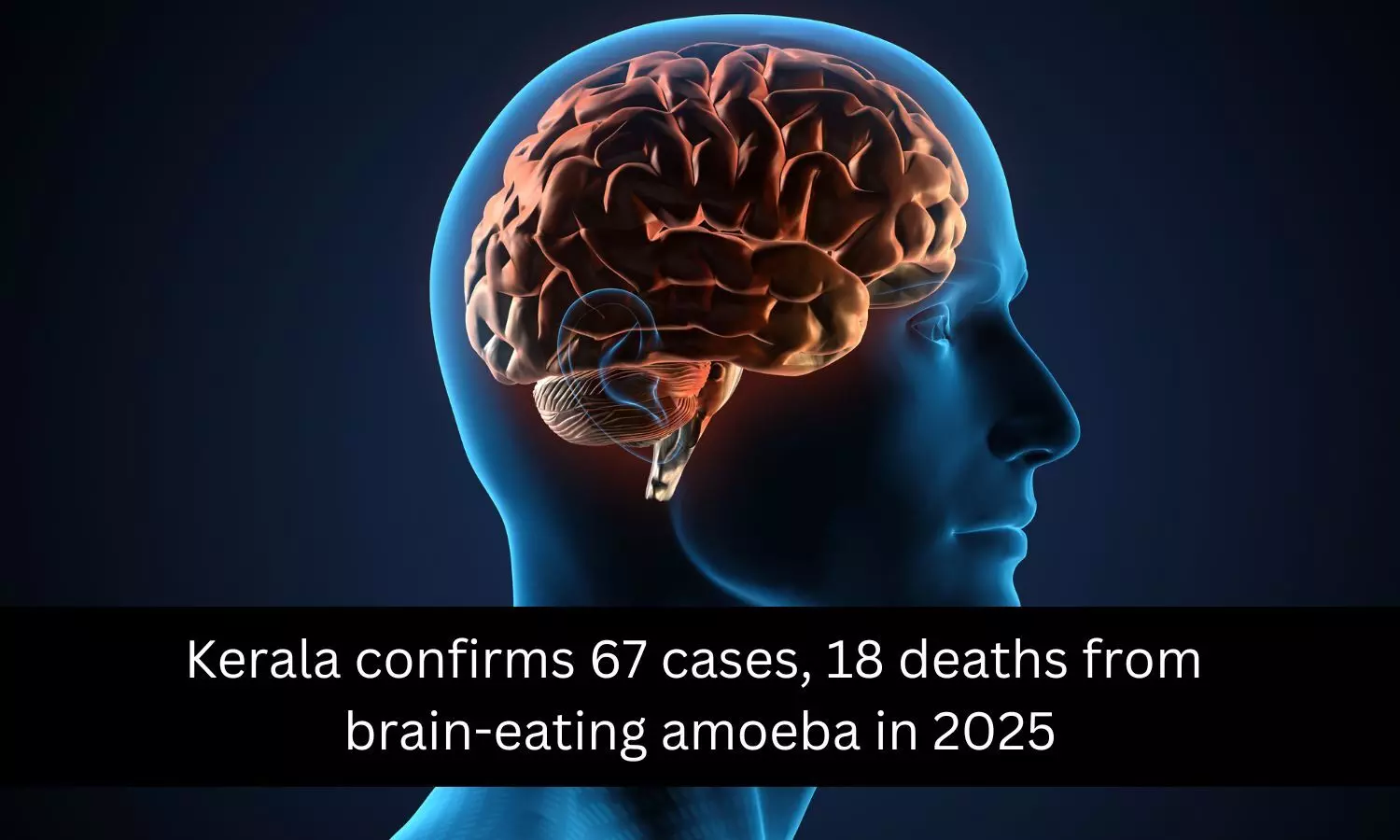By Andrew Gioannetti
Copyright newsday

THE Caribbean Public Health Agency (Carpha) has unveiled a strengthened early warning system to protect the region’s cruise industry from infectious disease outbreaks, as cruise passenger arrivals continue to climb beyond pre-pandemic levels.
At two back-to-back regional workshops in Sint Maarten last week, Carpha introduced the second phase of its Caribbean Vessel Surveillance System (CVSS) – a digital platform that automatically generates alerts of illness clusters detected aboard cruise ships before they reach regional ports.
The system, described as “novel” and “user-friendly,” was developed in response to the dual challenges of protecting public health and safeguarding the region’s tourism-dependent economies.
The meetings, held between September 11-12 at Simpson Bay Resort, gathered more than 50 delegates from 14 Carpha Member States (CMS), including chief medical and senior health officers, alongside representatives from four major cruise corporations, the Florida-Caribbean Cruise Association (FCCA), and the Pan American Health Organization (PAHO).
Carpha said the workshops marked a milestone in public health preparedness and public–private partnership. The agency also launched the Tourism and Health Programme (THP) in Sint Maarten, making it the first Dutch Caribbean territory to adopt the initiative.
“The health of the Caribbean region is the wealth of the region,” said Dr Lisa Indar, Carpha’s Executive Director. She stressed that tourism and health must operate in tandem. “Safeguarding the health of the region involves both the local and visitor populations. This cannot be done by health alone but as a shared responsibility between all players, requiring a harmonised approach.”
The CVSS platform – funded through the Pandemic Fund Grant and the EU’s 11th EDF Programme – allows national authorities to upload Maritime Declarations of Health electronically. If illness thresholds are exceeded, the system automatically alerts health officials, who can then notify other countries along a vessel’s itinerary.
Sint Maarten’s deputy prime minister and Tourism Minister, Grisha S Heyliger, stressed the economic implications, saying, “A weak public health system puts tourism at risk. Conversely, a strong data-driven health system protects our visitors, our citizens, and our economy.”
Her colleague, health minister Richinel Brug, echoed this urgency.
“Protecting tourism means protecting health, and protecting health means saving the very stability of our societies. That is why initiatives like the Tourism and Health Program supported by Carpha are so critical,” Brug said.
Cruise travel accounts for roughly two-thirds of Caribbean tourist arrivals. The region welcomed 33.3 million cruise passengers in 2024 – an 11 per cent rise from the year before – and early 2025 data shows a further six per cent increase. But that growth also heightens risks, as the sector has been a conduit for outbreaks ranging from norovirus to Covid.
Over the two days, participants examined case studies from countries that piloted the system, discussed regional approval processes for vessels, and drafted minimum requirements for safer cruising. The second day brought cruise industry leaders to the table to address operational concerns such as ship-to-shore communication and health reporting procedures.
The workshops ended with several agreements. Carpha member states pledged to adopt CVSS as a regional standard; draft harmonised health guidelines for cruise tourism were produced; and both governments and cruise operators committed to closer collaboration. Cruise lines also agreed to explore direct submission of health forms into the CVSS system.
FCCA president Michele Paige praised the initiative, telling stakeholders: “The future lies in standing side by side with our partners, making decisions together that benefit all stakeholders and ensuring a stronger, healthier, safer and more prosperous Caribbean.”
The THP, which complements the vessel surveillance system, is billed as the world’s first comprehensive programme linking health and tourism. It combines Carpha’s electronic visitor-based surveillance systems – the CVSS for cruise travel and the Tourism and Health Information System (THiS) for stay-over guests – with regional guidelines, training, and a Healthier, Safer Tourism Award.
Tourism director May Ling Chun described the THP launch in Sint Maarten as more than symbolic: “It is a commitment that tourism will stand shoulder to shoulder with health – that we will share data, strengthen training, and support surveillance. When public health falters, tourism falters. When public health is strong, our destination thrives.”
Carpha said next steps will include quarterly meetings between health and cruise stakeholders, official roll-out of CVSS across all member states, and ongoing work to integrate the platform with existing maritime systems. The agency also plans to activate regional coordination teams so countries can support each other during public health events.
The initiative is part of Carpha’s 2024–2026 Pandemic Fund Project, executed with the Inter-American Development Bank. The project aims to reduce the impact of pandemics in the Caribbean by strengthening surveillance, laboratory capacity and health workforce resilience.
Dr Indar suggested the wider effort was essential for protecting both livelihoods and economies. “Healthy and safe tourism is not optional — it is essential for resilient economies,” she said.



